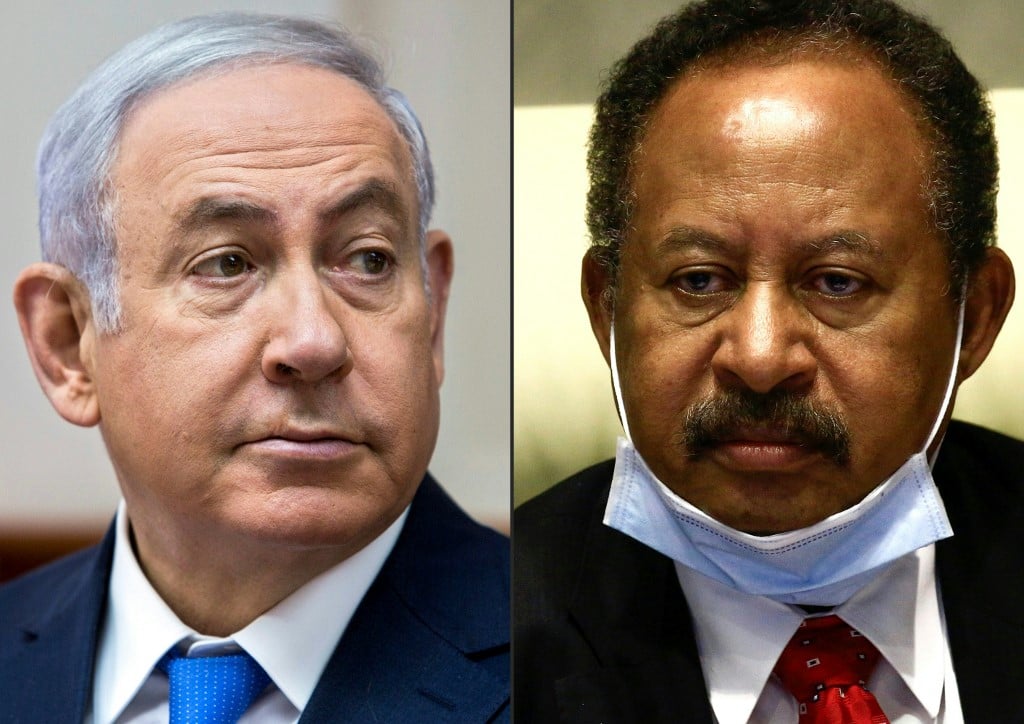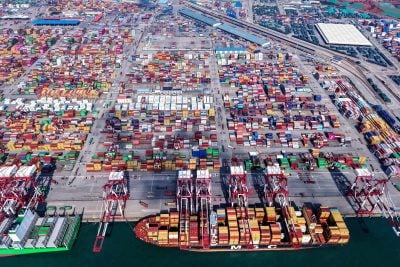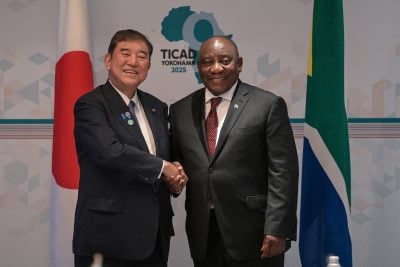The US signed a Memorandum of Understanding (MoU) with Sudan on Wednesday to provide a “bridge loan” to the heavily indebted country so it can begin to clear $16bn in arrears owed to the World Bank.
Stevin Mnuchin, US treasury secretary, completed a one-day visit to Khartoum where he committed to lending to Sudan if certain conditions laid out by the MoU and the Bank are met.
The move comes after Sudan’s removal from Washington’s state sponsors of terrorism list in December, which had been blocking the bankrupt country from engaging with multilateral lenders.
Mnuchin, however, did not expand on the exact conditions that Sudan must meet to receive US lending.
Cameron Hudson, senior fellow at the Atlantic Council’s Africa Center, believes they are the same conditions as those outlined in Sudan’s staff monitored programme with the IMF.
The most important requirement is unifying the exchange rate to get rid of Sudan’s parallel market, he says.
Businesses and individuals operate in Sudan with an official exchange rate alongside a parallel “black market” rate.
But this “could take months or longer” while Sudan does not have the forex reserves necessary to defend and stabilise the official rate. Without a unified rate it may not be able to receive financial assistance.
Sudan has more than $60bn in foreign debt after decades of economic mismanagement, conflict and sanctions during the rule of former president Omar al-Bashir.
The United Arab Emirates (UAE) had promised Sudan $750m to sign the US-brokered Abraham Accords normalising relations with Israel, says Hudson.
Sudan signed a non-binding declaration of support for the Abraham Accords on Wednesday, which follows similar public rapprochements between Israel and historic foes UAE, Bahrain and Morocco.
If the UAE’s funds are delivered, it would be enough money to unify the exchange rate and pave the way to Sudan receiving debt relief from the World Bank, Hudson explains.
“[US Treasury Secretary Mnuchin] can convince UAE to release the funds for Sudan, which will unlock the bridge loan from the US, which will start the arrears clearance at the Bank/Fund, which ultimately leads to debt relief. The question is, can Mnuchin convince UAE to release the funds?”
Mnunchin said: “This will create significant positive opportunities for Sudan in unlocking significant amounts of funds both at the World Bank, the IMF and at the United States.”
Want to continue reading? Subscribe today.
You've read all your free articles for this month! Subscribe now to enjoy full access to our content.
Digital Monthly
£8.00 / month
Receive full unlimited access to our articles, opinions, podcasts and more.
Digital Yearly
£70.00 / year
Our best value offer - save £26 and gain access to all of our digital content for an entire year!

 Sign in with Google
Sign in with Google 





